We gathered on September 11th 2021 in Belle Isle under the bust of a writer from well over 700 years ago. Who was this man? And why does he matter?
We all know that Dante wrote the Inferno during his time in exile in the 1200’s. And we know that the trilogy is written as a first-hand account of his journey into hell, with his guide Virgil, into the 9 circles of hell: Limbo · Lust · Gluttony · Greed · Anger · Heresy · Violence · Fraud · Treachery.
But what effect has Dante had on our society and our lives?
We believe Dante Alighieri played a fundamental role in the beginning of the Renaissance, which brought about so much change to society. It allowed us to begin to satirize institutions and authority. It gave us the beginning of art, architecture, and learning. Dante ushered in this era which led to the creation of what we refer to today as the middle class. Dante proved to the world that great writers did not have to use Latin, and therefore allowed Italian, Spanish, French, and even English to grow and flourish. Dante, in his writings, brought us the concept that good is to be rewarded and evil is to be punished, a concept that forms the bedrock of our society today.
But – more specifically, allow me to emphasize how the very city of Detroit would be different had there been no Dante Alighieri:
First, we would never have had an automotive industry, an industry that caters mainly to the middle-class income population of America and the world. The middle class would never have taken shape without Dante Alighieri and his influence on the Renaissance.
Second, Dante Alighieri helped to form the concept of humanism, and the uplifting of human emotions which we see in art today. And although humanism has manifested itself in many ways over the many hundreds of years, it directly affected the way we make music. In fact, one could argue we would never have had Motown music without Dante Alighieri.
Third, many believe that the famous sculpture The Thinker, by Rodin, near the top of the gate of the DIA, may represent Dante himself. Therefore, we would not have this signature sculpture at the top of the DIA, let alone the hundreds of renaissance pieces that adorn the DIA’s walls.
But, above all else, Dante Alighieri clarified for the world in the Divine Comedy, and to us, that moral judgments require courage. Moral judgments require courage because when we judge, we must hold ourselves, and our actions, to the very same standard. His writings transcend religion. He reminded us that we are people of free will, and even though we will all face temptation and sin, we ourselves can make our own decisions to avoid them. After all, it is called Dante’s Divine Comedy because it has a happy ending, that is why it is called a comedy. Dante seeks to let us know that God, no matter our religion, is a God of love, and this is the message we should all walk away with when we see this work of art.
This sculpture in Belle Isle keeps mattering because, after all, it represents a sculpture of love for the community today, of the past and we hope for the future.
Please consider donating to Dante Alighieri Society to restore this important piece of art.
Grazie!
Mitch Henderson, DAS Member
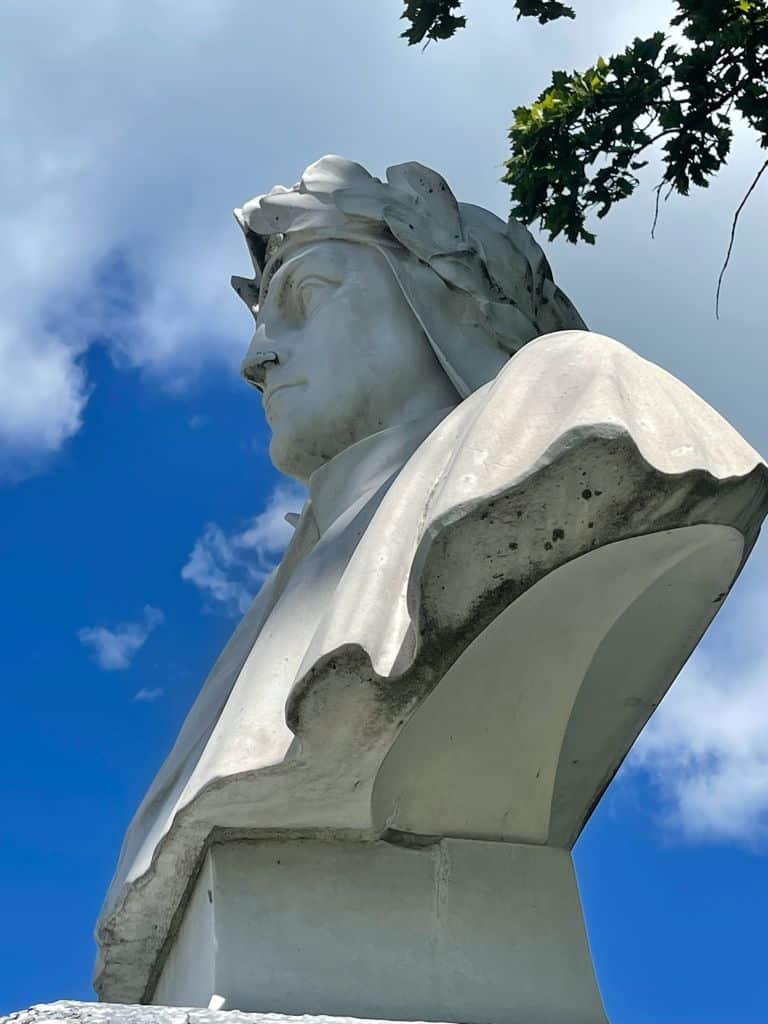
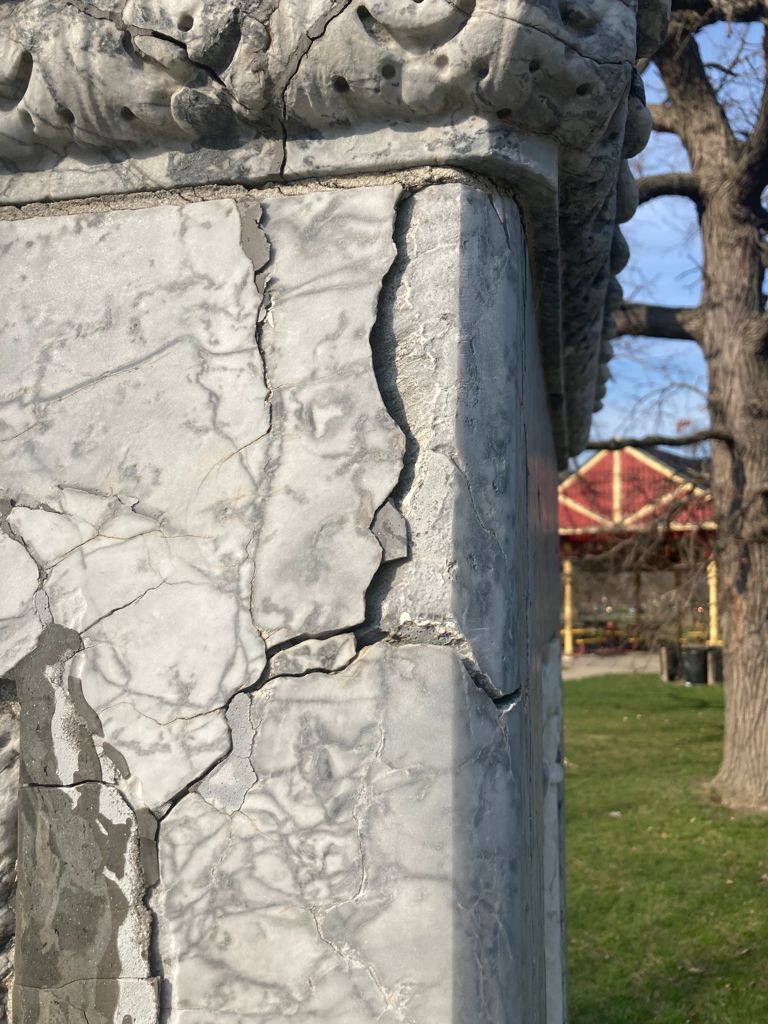

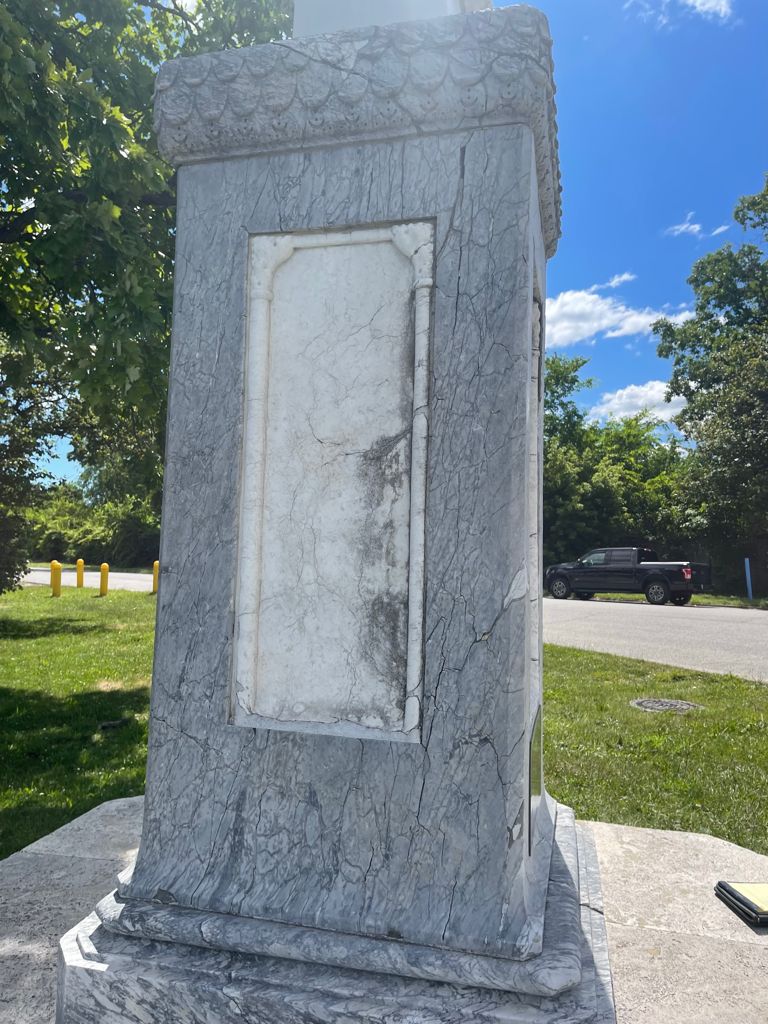
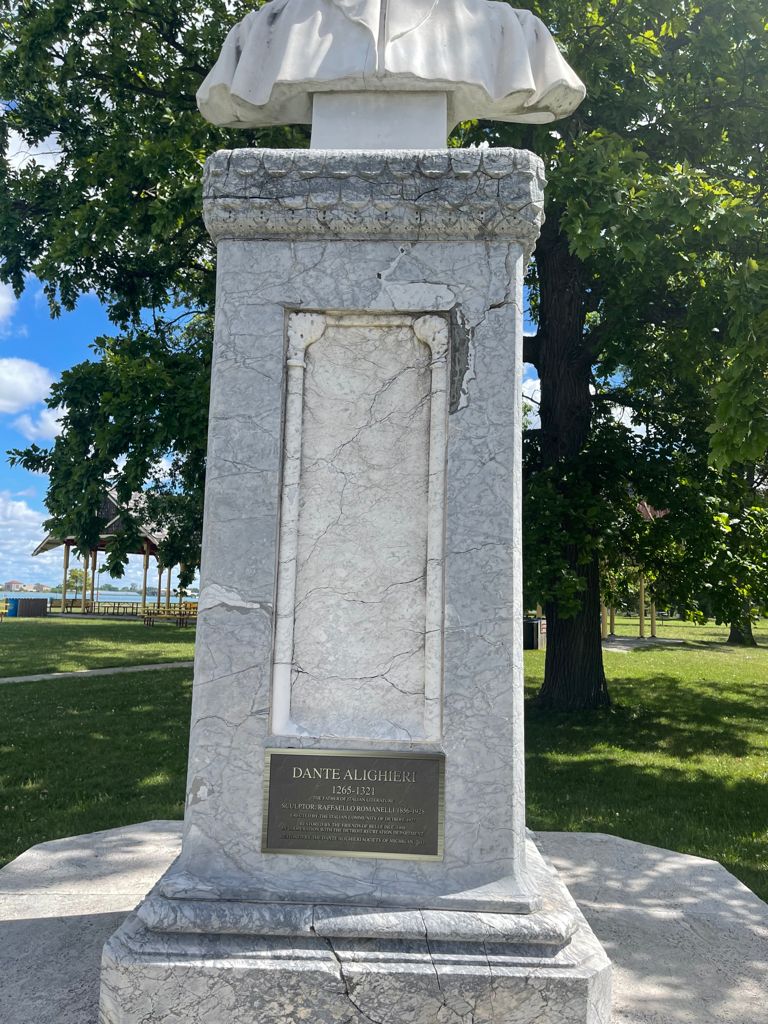

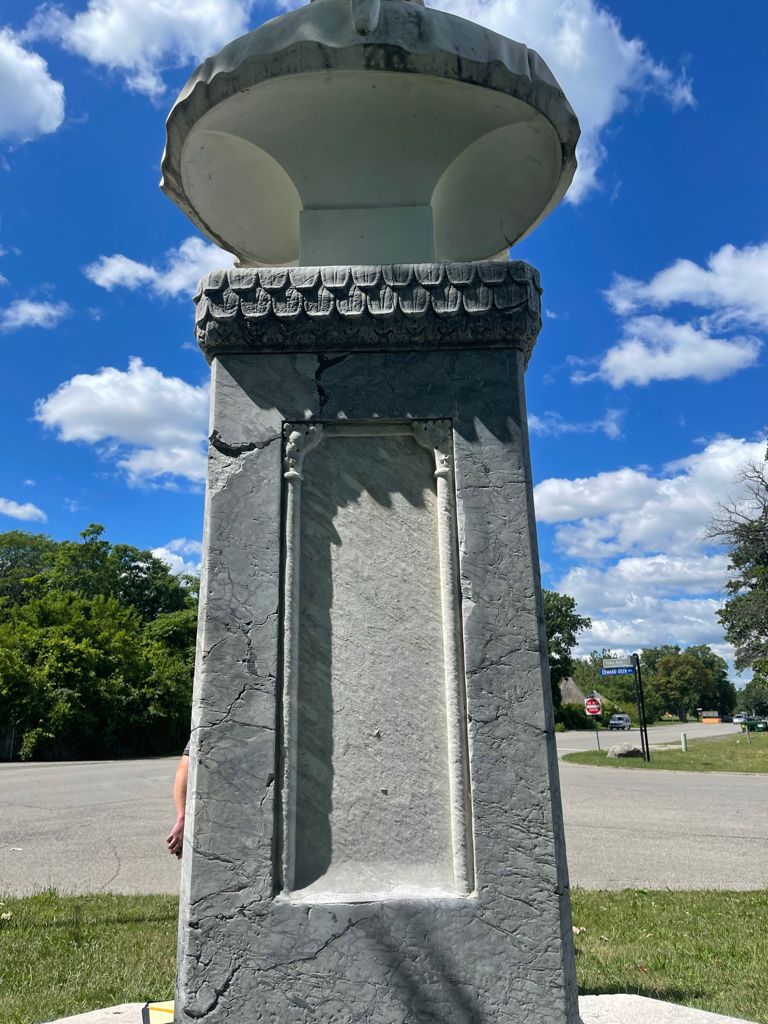
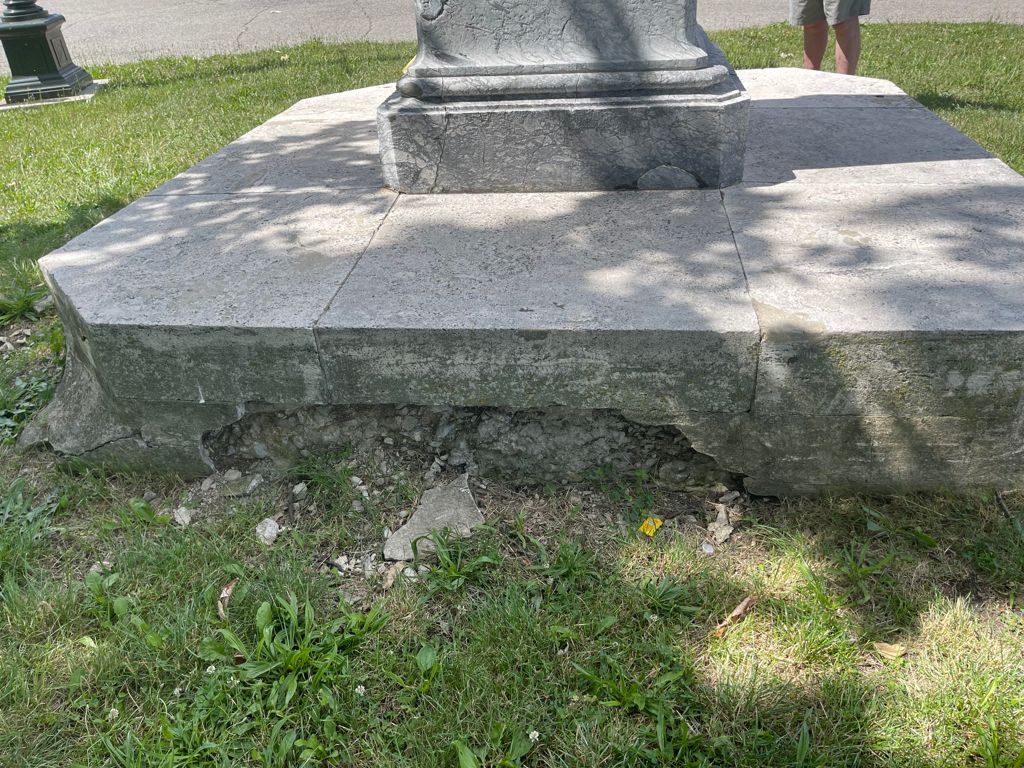
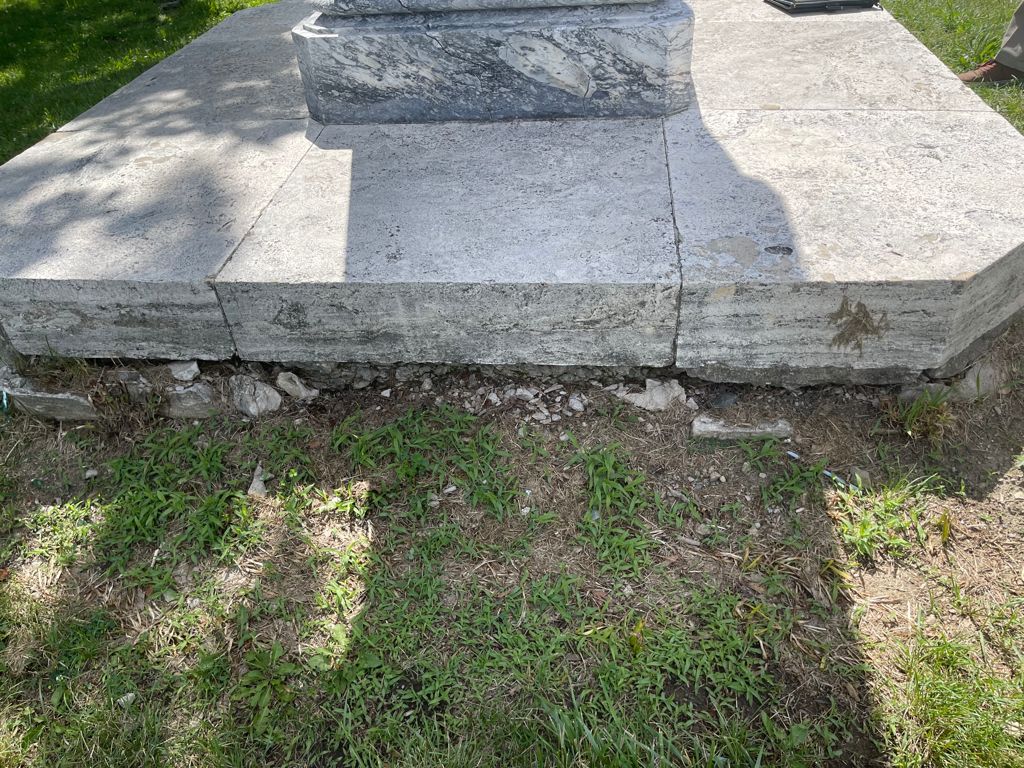
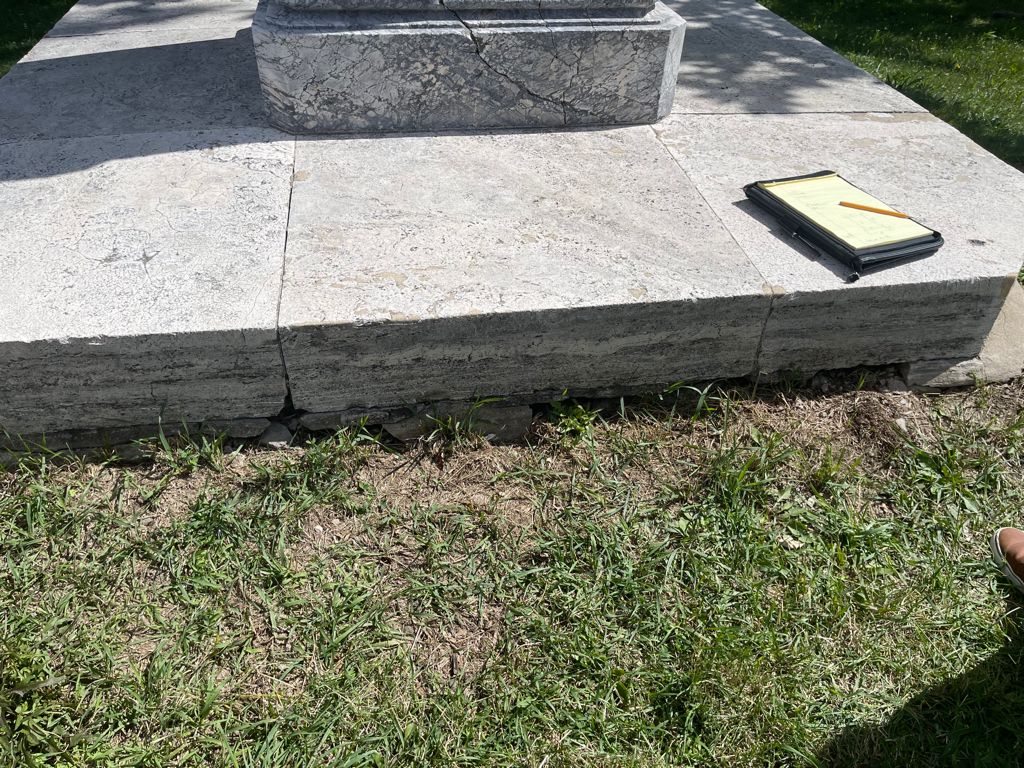
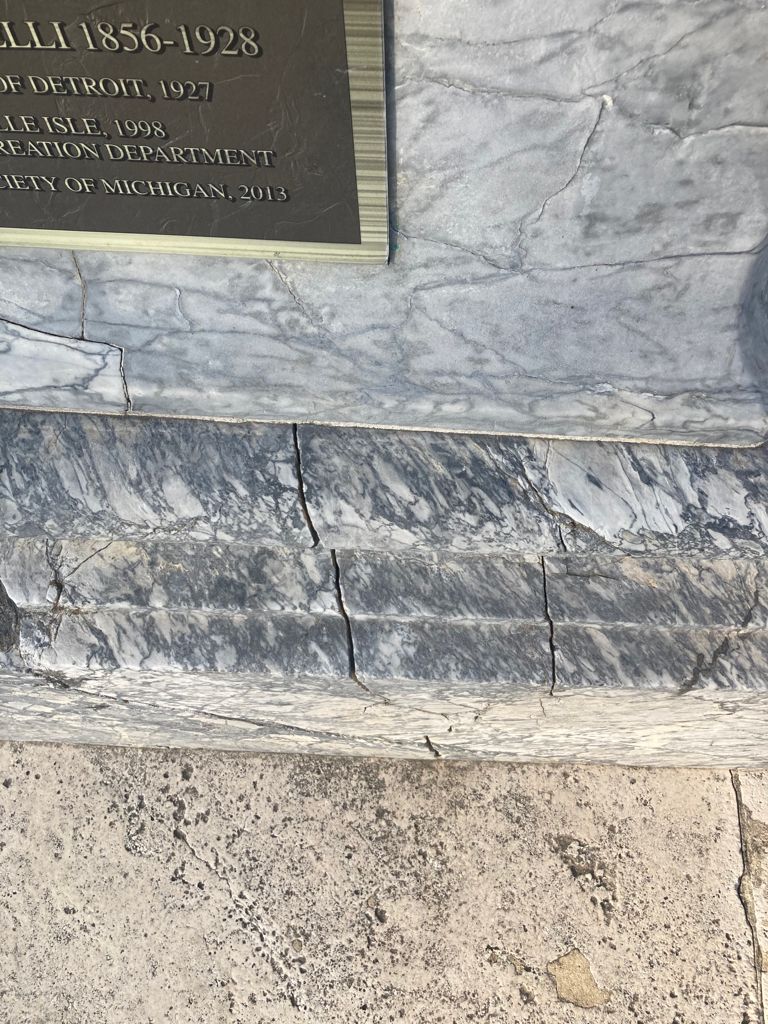
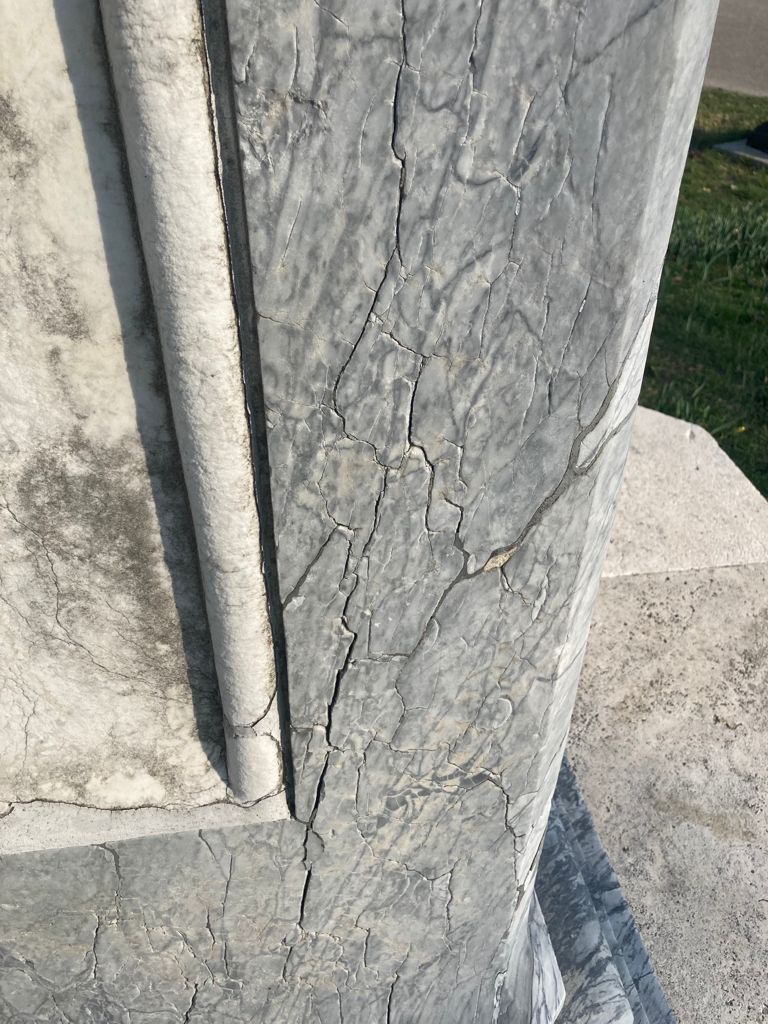
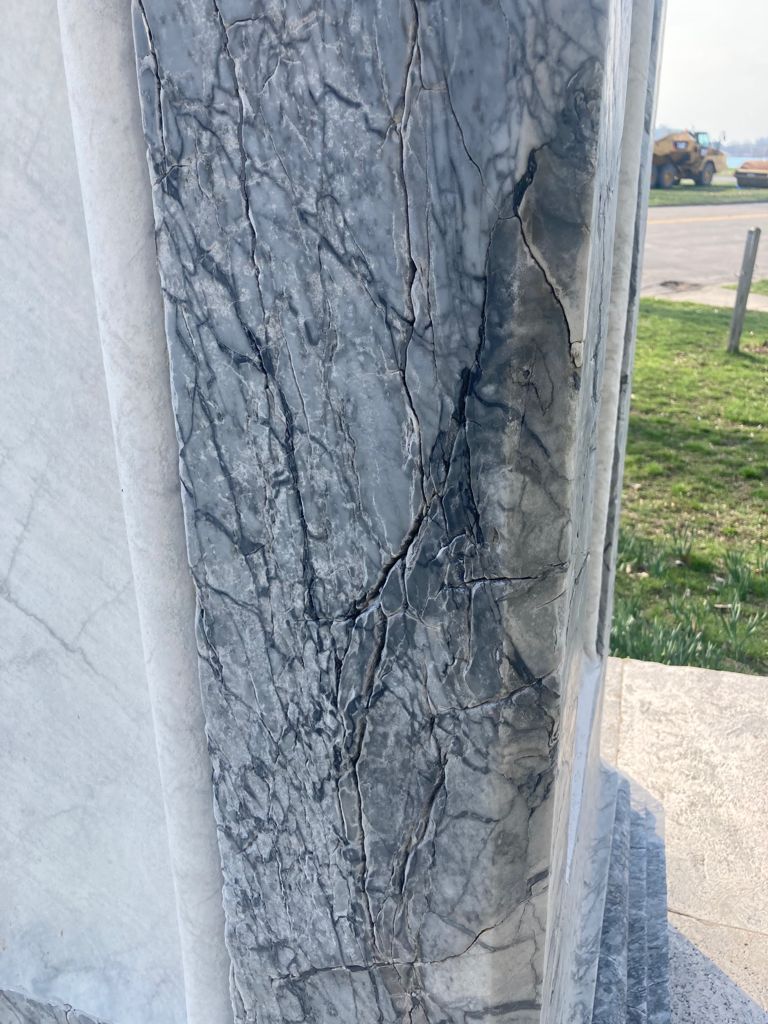

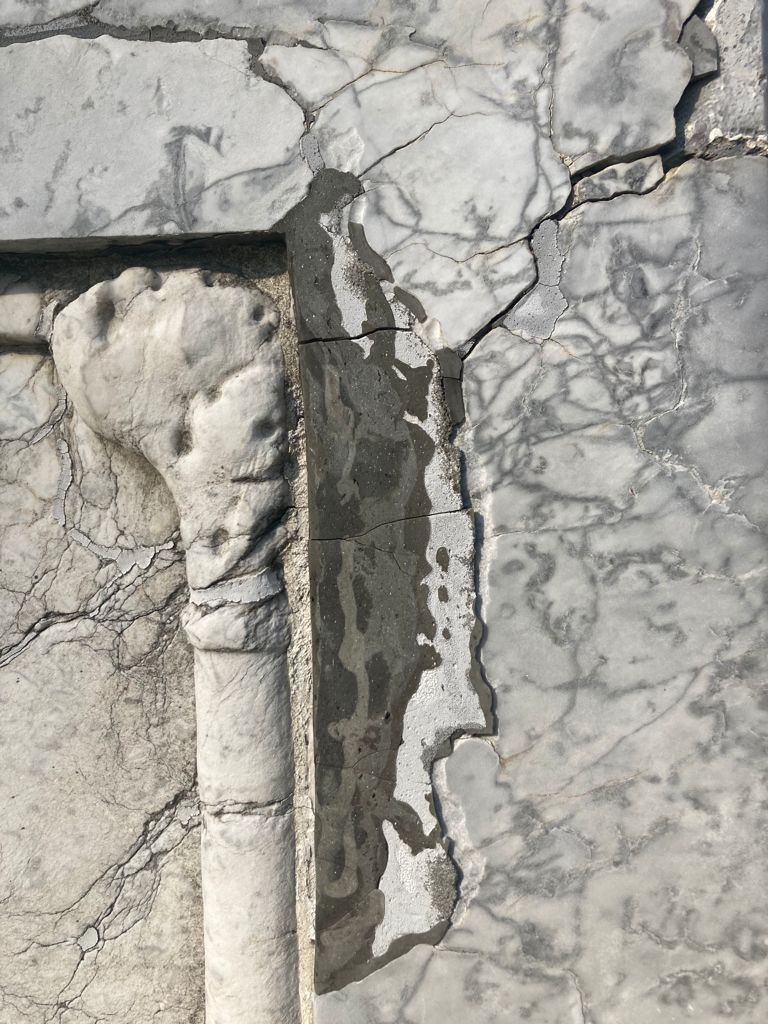
This bust of the Italian writer was commissioned by Detroit’s Italian-American community on the 600th anniversary of his death. Intended to be displayed at the city’s main library branch, the bust was finally installed at Belle Isle in 1927. The bust and pedestal were restored by the Friends of Belle Isle in 1998. The sculptor was Raffaello Romanelli.
